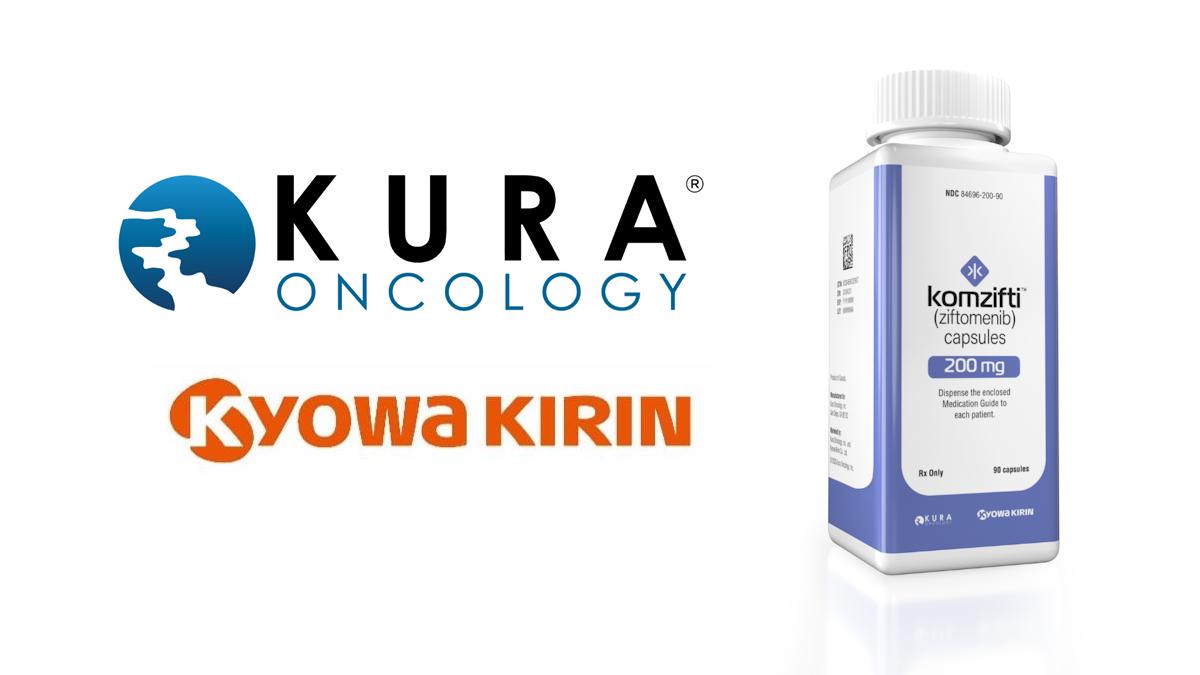Seattle Genetics leukaemia trial on hold after 4 deaths

During the lull between Christmas and New Year, the FDA intervened in another cancer drug trial after four patients died.
Seattle Genetics put a partial hold on early trials of its leukaemia drug SGN-CD33A on 27 December following the four patient deaths.
The US biotech, which specialises in antibody-drug conjugates that can deliver a cytotoxic payload to cancer cells, said it had taken the action at the request of the US Food and Drug Administration.
It said six patients had developed hepatotoxicity, including several cases of veno-occlusive disease, with four fatal events.
The clinical holds will allow Seattle Genetics and the FDA to evaluate of risk of hepatotoxicity in patients treated with the vadastuximab talirine, codenamed SGN-CD33A, and received allogeneic stem cell transplant either before or after treatment.
The company said it will work with the FDA to determine whether there is an association between hepatotoxicity and treatment with SGN-CD33A.
Seattle said it hopes to identify protocol amendments for patient safety and enable continuation of the trials.
More than 300 patients have been treated with SGN-CD33A in clinical trials in several diseases.
Seattle said a phase 1/2 trial of SGN-CD33A monotherapy in acute myeloid leukaemia, pre and post allogeneic transplant, had been put on full hold.
Two phase 1 trials are on partial clinical hold, with no new recruitment and existing patients given the option to continue following re-consent.
These are in an older subset of older AML patients in combination with hypomethylating agents, and in combination with chemotherapy in newly diagnosed younger AML patients. No new studies will begin until the holds are lifted.
Recruitment continues on other ongoing trials of SGN-CD33A, including the phase 3 CASCADE trial in older AML patients and a phase 1/2 trial in myelodysplastic syndrome.
Seattle has already developed Adcetris (brentuximab vedotin), for classical Hodgkin Lymphoma and systemic anaplastic large cell lymphoma, in collaboration with Takeda and Millennium Pharmaceuticals.
The company's president and chief executive Clay Siegall will be among the pharma and biotech leaders presenting at the annual J.P. Morgan Healthcare Conference next week, by which time more insight into the safety concerns may have emerged.
The decision is part of a spate of recent trial suspensions, most notably that of Juno's CAR-T drug JCAR015 on 23 November. The trial had already been put on hold once before, after three patients had died due to cerebral oedema or swelling of the brain. Two further patients died in November from the same condition, raises questions about Juno's decision-making and the safety of the treatment.












